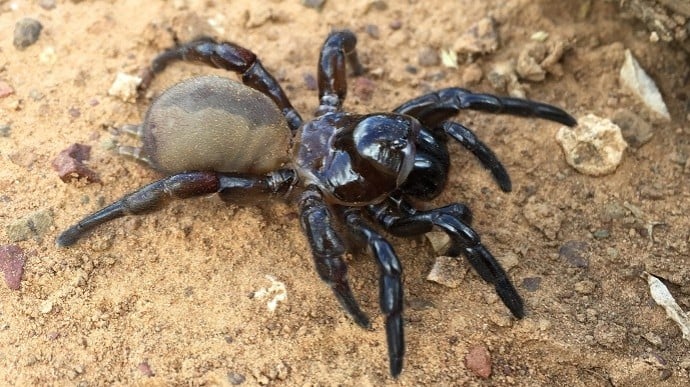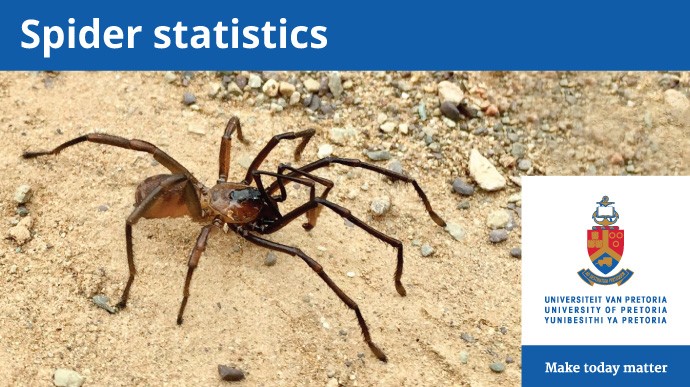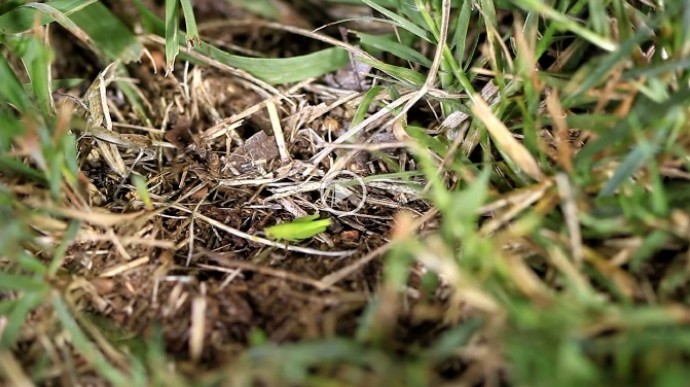Is it not ironic that while we increase agriculture in efforts to increase food production, we jeopardise some of nature’s most important pollinators? Honeybees are the world’s most important pollinators of food crops. It is estimated that one third of the food we consume each day relies on pollination – mainly by bees.[1]
Managed honeybee colonies are on the decline. Research has revealed that disease and the use of pesticides are among the reasons for their declining numbers. Currently researchers at the University of Pretoria (UP) are investigating another factor that may affect the survival of these valuable pollinating insects, namely nutrition.
As is the case with human beings, a healthy diet is able to boost the immune systems of bees. Poor nutrition is proving to be one of the reasons why honeybee numbers are declining. With the loss of their natural habitat and the increase in monoculture crops, bees are no longer able to obtain the necessary variety in their diets and have consequently become more susceptible to the effects of pesticides and diseases.
The Department of Zoology and Entomology’s Prof Sue Nicolson, her colleague Prof Christian Pirk, and the Honeybee Research Group are investigating how bees cope with varying diets. Using hives maintained at UP’s experimental farm, the researchers focus on how bees respond to the quantity and quality of macronutrients (carbohydrates, proteins and fats), and especially to variations in the ratio of carbohydrates to proteins. Bees from different colonies are kept in small cages, placed in a dark incubator to mimic an actual hive, and fed various diets. Their food consumption, survival and other parameters are then measured.
Due to the abundance of mass-flowering crops or monocultures, which are characteristic of agriculture today, the research group looks at how bees respond to unbalanced diets. In the case of sunflower crops, the pollen is low in protein. As UK researchers have explained, bees feeding on monoculture crops can be compared to humans eating only sardines, chocolate or parsnips for a month![2] Apart from the fact that such crops cannot provide the required nutritional variety, mass-flowering crops also expose bees to pesticides.
While it is true that adult bees do not need much protein in their diets, Prof Nicolson stresses the importance of protein and its functional role within a honeybee colony. Bee larvae, also known as the brood, are dependent on protein to grow. Larvae rely on the adult worker-bees to consume pollen from varied plant sources and convert it to the jelly that they then feed on. Honeybees thrive on carbohydrate-rich nectar and their immune systems are strengthened by a diet that is comprised mainly of sucrose with a small amount of protein. Bee nutrition is proving to be an important component in their ability to fight disease-causing pests and parasites.
Nicolson stresses the importance of ensuring that South Africa’s honeybee populations, both wild and managed, have enough dietary diversity. Her research affirms that a mixed-pollen diet is much better than a single-pollen source and will strengthen their immunity.
Regardless of whether these little yellow and black insects interest you or not, it is important to take note of the fact that bees play a vital role in the agriculture industry and that without them human food security will be in serious jeopardy.
[2] ‘Poor nutrition may be another reason for the declining honeybee population.
See related photo and researcher profiles on the right sidebar.
Prof Sue Nicolson, Prof Christian Pirk
February 12, 2016


 Story
Story
Nine new trapdoor spider species have been discovered in the Great Karoo by researchers at the University of Pretoria’s (UP) Department of Zoology and Entomology, and the Agricultural Research Council (ARC).
 Infographic
Infographic
Trapdoor spiders hide in underground burrows that are covered with a cork-like lid made of soil, silk and plants. Learn more about trapdoor spiders with this infographic.
 Video
Video
Watch carefully to see how a trapdoor spider catches its prey through its trapdoor.
Copyright © University of Pretoria 2024. All rights reserved.
Get Social With Us
Download the UP Mobile App